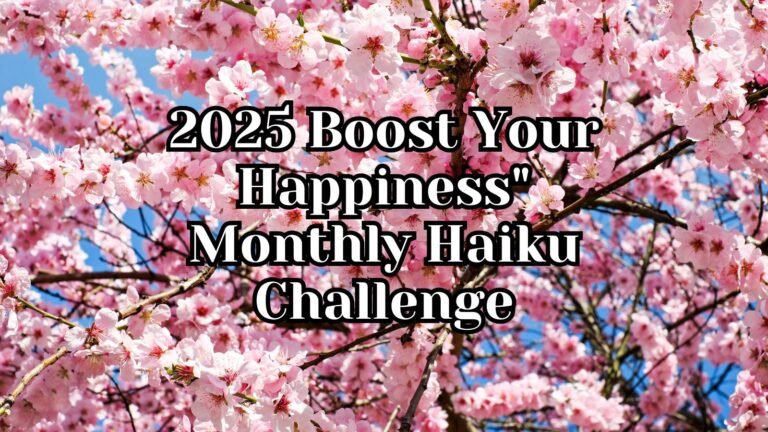The Benefits of International Book Publishing
We hear about web based publishing, indie publishing, ebook publishing, and self-publishing all the time, but little is said these days about international publishing. With Amazon taking up so much of the market everyone is racing to find a way to bring book to readers and find new markets. With changes coming very quickly now in publishing, international publishing is something authors need to consider.
Dr. Sam Vaseghi runs Wisehouse a traditional but international publishing house (www.wisehouse-publishing.com). Wisehouse predicted the opportunities in international publishing early. “We understood this shift in its early stages as opportunity, rather than risk. Our imprints and associated editorials such as www.l-aleph.com, found in perspective of international publishing the most promising way to leverage value through diversity. We experienced in a decade that publishing honestly towards a world audience would mean to boost portfolios, which are responsive to such a diverse audience, but at the same time strategically thought through and lean.”
International publishers are finding that publishing to a world market gives them much more opportunity to promote authors and books. Many US indie publishers only focus on marketing to readers in the United States, but companies like Wisehouse have a more global approach to publishing and to marketing.
Finding markets across the world and being able to understand broader audiences may give international publishers an advantage over traditional indie publishers in the United States. This advantage can be substantial when publishers are being squeezed by large publishing houses and self-publishing.
Dr. Vaseghi points out that “Major players such as Ingram, Baker & Taylor, Amazon.com, Barnes & Noble, Gardners and Bertrams could interconnect to sophisticated and highly standardized distribution systems and platforms” bringing books to a world audience, having an understanding of international audience can make a big difference in bringing new authors to such a diverse audience. “Acquiring and catering to a colourful and diverse community of authors is one challenge of international publishing, and establishing sensitive and responsive relations with a world readership – readers’ diversity being respected – the other challenge.”
So international publishers are in the unique position to take advantage of understanding more diverse audiences through language and culture. While American publishers might be focusing on readers in the US, and self-publishers generally doing the same, international publishers are looking at regional, traditional and cultural differences trying make their books appealing to many more audiences around the world.
International publishing is something to look at for authors in the coming year. When a book is listed on Amazon it’s available to audiences around the world, and if your publisher is aware and understands wider audiences they can tailor your work and your marketing to meet the demands of a world stage. This is something that small publishers or self-publishers might not be considering when they producing, editing, and bringing a work to market.
Authors today, looking to publish a book, should be considering international avenues of publishing as well as publishers in the US. Any advantage in such a tight market can make a great deal of difference in being successful.
Dr. Vaseghi was reached by email for comment. His publishers is Wisehouse Publishing.
- The Writer’s Roadmap: Embracing Outlining (Free Worksheet Included!) - April 15, 2025
- A Complete Guide to the Hero’s Journey in Storytelling (Free Worksheet) - April 10, 2025
- On Literary Criticism by Ambrose Bierce - April 9, 2025






